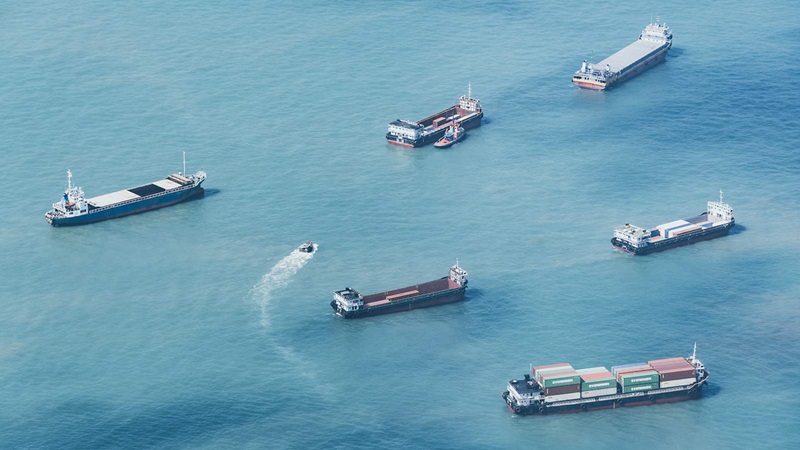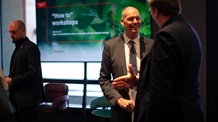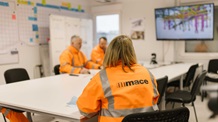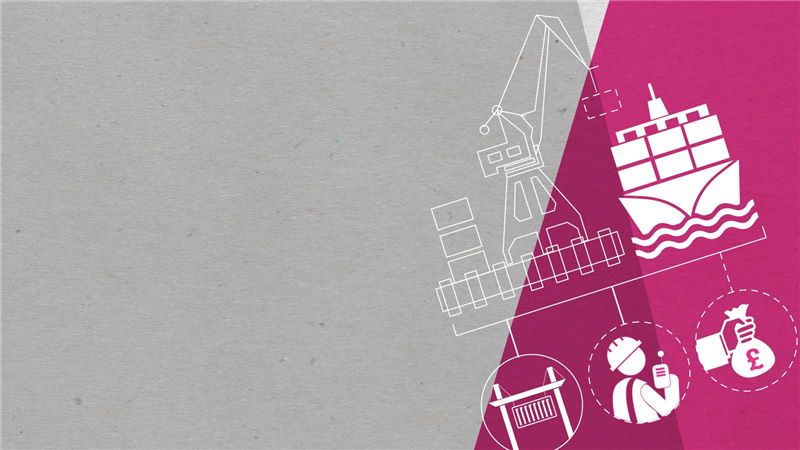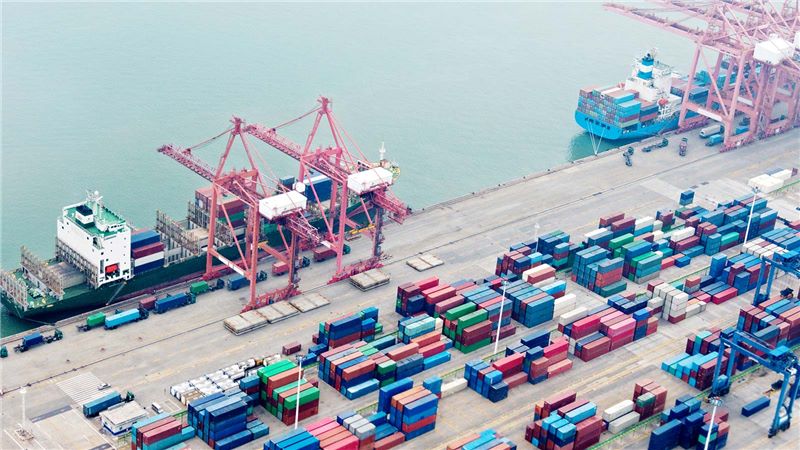Perspectives
Supercharged ports can close North-South divide post-Brexit
The North’s economy – much more so than the South’s – relies on our links to international trading blocs like the EU and North America. Our northern ports – including airports – play a crucial role in helping to drive economic growth across the region. Mace's Caroline Lassen explains how a new trading policy could make a huge impact.
Yet in recent decades, investment in some of our critical export-enabling infrastructure has slipped behind our international competitors. While the recent focus on UK infrastructure has been centred on a small number of headline projects like Heathrow’s third runway and HS2, China is set to build more than 60 new airports by the middle of the 2020s.Too often, infrastructure investment is positioned as an ‘either/or’. Should we build Crossrail 2 or Northern Powerhouse Rail? Invest in rail or road? Are our ports more important, or should regional airports be the focus?
In reality, this is a false choice. When planned carefully and delivered effectively, infrastructure investment feeds itself, multiplying the benefits from single projects or programmes many times as each element falls into place.
Take our ports. Mace’s latest research has shown that – post-Brexit – there will be huge potential for those ports to grow and create huge numbers of new jobs across the region. This will also strengthen the business case for major infrastructure investment like Northern Powerhouse Rail.
With this in mind, Mace has proposed creating seven new ‘supercharged’ free ports – areas outside of our customs border that are combined with enterprise zones. At a conservative estimate, this could help deliver a £12bn boost in international trade, £9bn extra for the economy and create more than 150,000 jobs across the North.
Such growth would help to close the gap between North and South, without the need for redistributed government spending. For everyone across the North, this would drive up living standards and support sustainable economic growth.
If northern regions are to compete successfully with developed and emerging economies alike, we need to make Britain the world’s foremost trading nation – and that means radically improving the status of the North as a trading area.
At present, connectivity between northern cities, ports and manufacturing centres is so poor that it is actively restricting growth, preventing businesses from investing and preventing individuals from taking jobs across swathes of relatively inaccessible areas.
For the supercharged free ports plan to really work, you have to model for the successful delivery of HS2 as well as both Northern Powerhouse Rail and plans for three separate east-west highway corridors.
Without these, the positive impact of such plans is limited. At the moment, it takes far too long and is far too expensive to move materials and people around the North.
The business cases for those major investments are built on the significant benefits they can bring to not just the local region but the wider UK.
As Westminster moves slowly towards a decision on all these projects – as well as competing proposals such as Crossrail 2 – it’s important that everyone in the region demonstrates the value they could deliver collectively.
Too often calls for investment or campaigns are seen in isolation – ‘give us some money to build this bit of railway and we’ll deliver a specific outcome’. Instead, we need to recognise that by connecting our growth hubs more effectively, we can unlock multipliers of growth.
By being bold, and by committing to carefully planned UK-wide infrastructure investment backed by strong post-Brexit trade policies, we can ‘supercharge’ the entire economy for the next two decades and beyond.
This article was originally published by Construction News
I want a better perspective on










